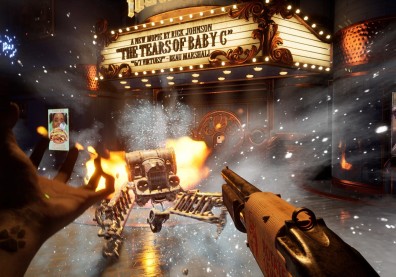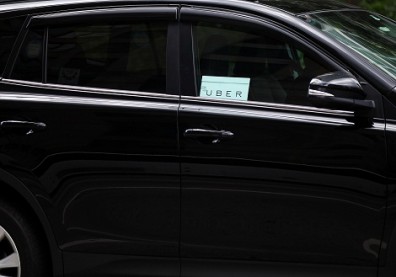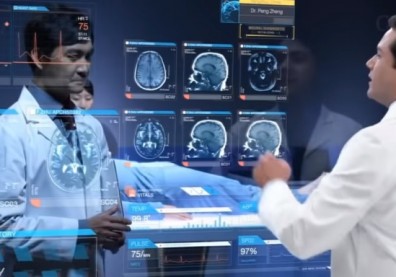Robots and other artificial intelligence-driven products have always seen to be a threat to the jobs humans have. As a result, whenever artificial intelligence is talked about, people are worried if they will eventually lose their jobs in a machine-driven society.
How Artificial Intelligence Could Affect Human Resources
Artificial Intelligence is term that has been coined by John McCarthy in 1955. Since the beginning of the civilizations, development has been evident, whether it is manual or automatic.
In the movies, people enjoy the use of the AI devices and robotics. However, when it comes to welcoming the same in real life, they could hardly bear the thought, thinking it would threaten the existence of human resources in companies, Tech Crunch stated.
Will Artificial Intelligence Kill Jobs or Create Opportunities?
There was a time when there were no computers and AI seemd to be purely fiction. People used to keep so many documents, registers and data to maintain calculations, case histories, survey results and many more things manually. The development and emergence of computers started worrying the common people as they felt it will do nothing but take away jobs.
On the contrary, computers have not only made complex calculations and data maintenance easier but also created a huge demand for manpower. Today, youngsters have Information Technology and Computer Science as their subjects in graduation and post-graduation levels, giving them numerous job opportunities to earn their living. The case will be no different for artificial intelligence.
With the development of AI, companies might become machine-oriented but there will be more jobs, writes Financial Express. Those companies will require professionals for the configuration and repair of the concerned AI devices. The installation of the devices will also need trained workers. To build experts, there will be a need for trainers, as well. Hence, it can be seen how artificial intelligence will help in making tasks easier, thereby promoting skill development among the common people.










